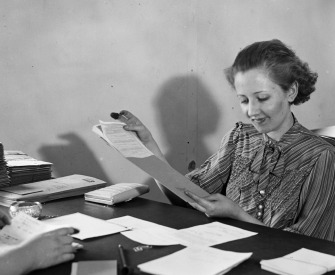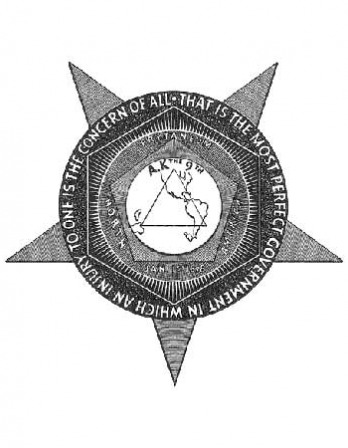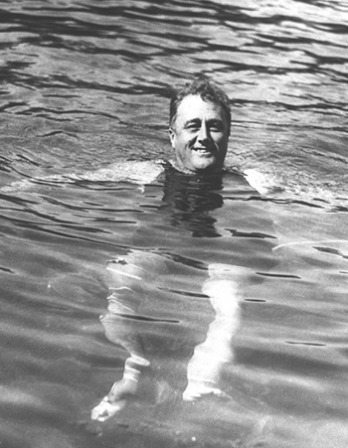War to the castles; peace to the cottages.
—Nicolas Chamfort, 1790Boots on the Ground
How to be a Landsknecht.
Each and every officer, captain of horse, or other captain, knows well that no doctors, magisters, or any other God-fearing people follow in his train, but only a heap of ill-disposed lads, out of all kinds of nations; strange folks who leave wives and children, abandon their duties, and follow the army; all that will not follow the pursuits of their fathers and mothers must follow the calf-skin which is spread over the drum, till they come to a battle or assault where thousands lie on the field of battle, shot or cut to pieces; for a Landsknecht’s life hangs by a hair, and his soul flutters on his cap or his sleeve.
Soldiers must be hardy and enduring people, like unto steel and iron, and like the wild beasts that can eat all kinds of food. The Landsknecht must be able to digest the points of their wheel-nails; nothing must come amiss to them, even if necessity require that they should eat dogs’ or cats’ flesh, and the flesh of horses from the meadow must be like good venison to them, with herbs, unseasoned by salt or butter. A Landsknecht must make three campaigns before he can become an honorable man. After the first campaign, he must return home wearing torn clothes; after the second, he should return with a scar on one cheek and be able to tell much of alarms, battles, skirmishes, and storming parties, and to show by his scars that he has got the marks of a Landsknecht; after the third, he should return well appointed on a fine charger, bringing with him a purse full of gold, so that he may be able to distribute whole dollars as he would booty-pence.
A Landsknecht has neither house nor farm, cows nor calves, and no one to bring him food; therefore, he must procure it himself wherever it is to be found, and buy without money whether the peasants look sweet or sour. Sometimes they must suffer hunger and evil days; at others, they have abundance, and indeed such superfluity that they might clean their shoes with wine or beer. Then the dogs eat roast; the women and children get good appointments; they become stewards and cellarers of other people’s property. When the householder is driven away with his wife and children, the fowls, geese, fat cows, oxen, pigs, and sheep have a bad time of it. The money is portioned out in their caps, velvet and silk stuffs and cloth are measured out by long spears, a cow is slaughtered for the sake of the hide, chests and trunks are broken open, and when all has been plundered and nothing more remains, the house is set on fire. That is the true Landsknecht’s fire, when fifty villages and country towns are in flames. Then they go to other quarters and do the like again; this makes soldiers jolly and is a desirable life for those who do not pay for it. This entices to the field many a mother’s child who does not return home and forgets his friends. For the proverb says, “The Landsknecht have crooked fingers and maimed hands for work, but for pilfering and plundering, all the maimed hands become sound.” That has been so before our days and will remain so truly after us. The longer the Landsknecht learn this handiwork, the better they do it. Wherever the soldiers come, they bring with them the keys of all the rooms, their axes and hatchets, and if there are not enough stalls in a place for their horses, it does not signify, they stall them in the churches, monasteries, chapels, and best rooms. If there is no dry wood for fire, it matters not; they burn chairs, benches, plows, and everything that is in the house. If they want green wood, no one need go far; they cut down the fruit trees in the nearest orchard, for they say, whilst we live here, we keep house. Tomorrow we go off again into the country; therefore, Mr. Host, be comforted; you have a few guests you would gladly be free from; therefore, give freely and write it on the slate. When the house is burnt the account is burnt also. This is the Landsknecht’s custom: to make a reckoning and ride off, and pay when we return.
About This Text
Adam Junghans, a seventeenth-century correspondent known only for his contribution to Pictures of German Life, collected in the nineteenth century by Gustav Freytag. The term Landsknecht translates as “servant of the country,” in this instance referring to mercenary soldiers recruited for service in the Thirty Years’ War from among the peasantry in Alsace, Baden, Württemberg, and the Austrian Tyrol.




